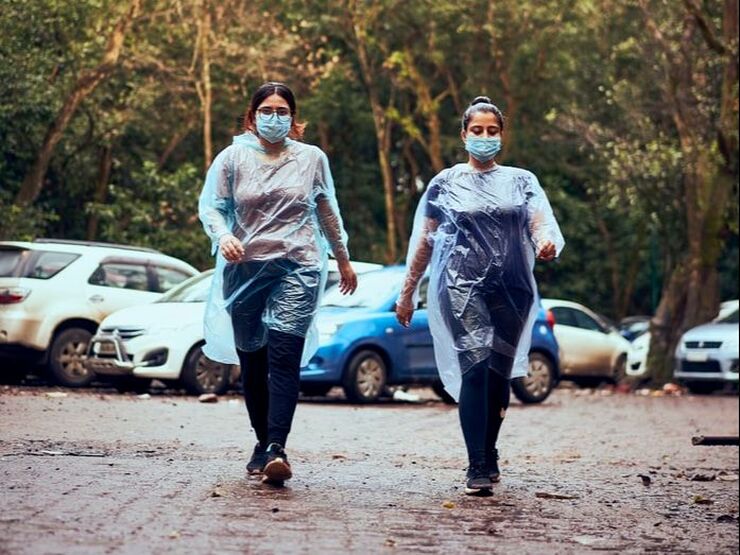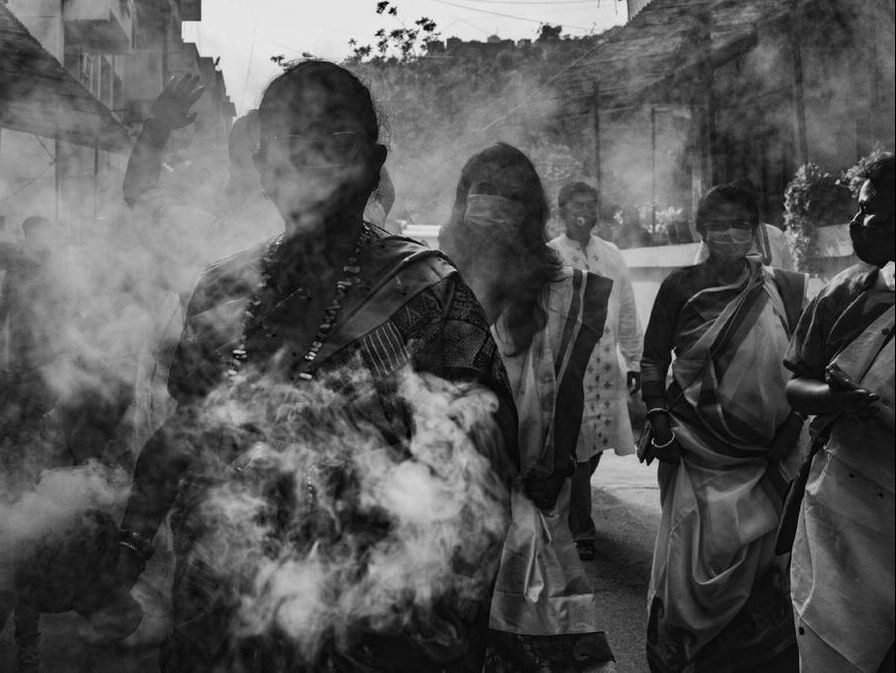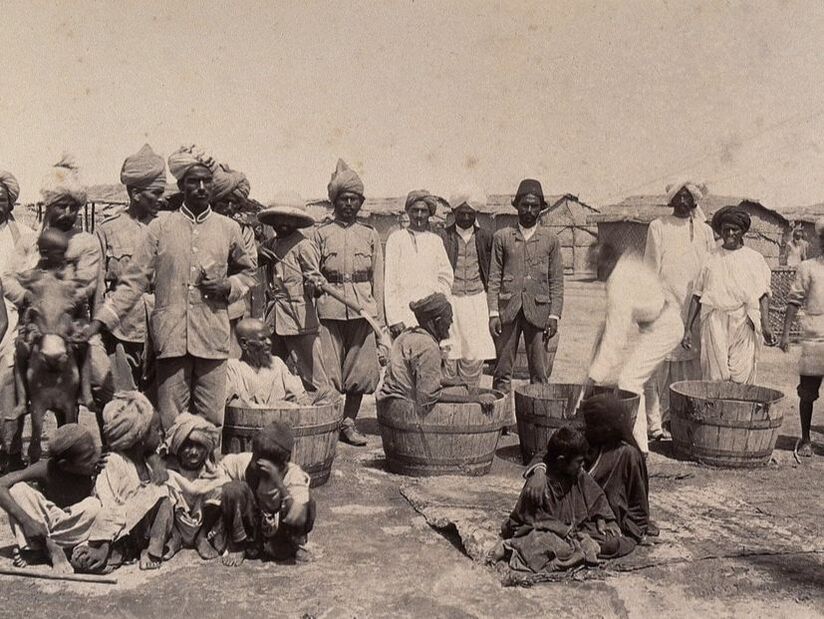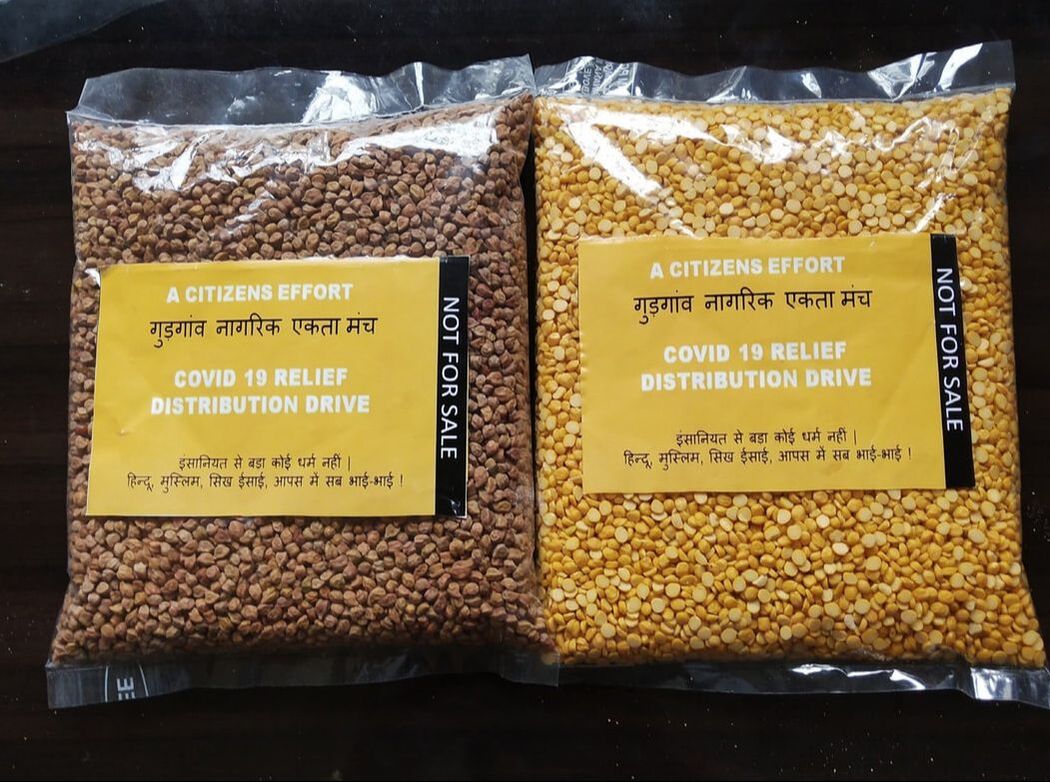|
The economic crisis in India has worsened due to the impact of COVID-19, laying bare the many inequities along the lines of gender. The socio-cultural moorings of the country will be a crucial determinant of how and in what degree the economic crisis affects different sections of the society, making women one of the worst affected communities by the recession and the pandemic at hand.
Women at home With the nationwide lockdown and the consequent curtailment of mobility, families have been deprived of frameworks of solidarity existing outside the ambit of their houses. A report released by GSM Association in the year 2020 reveals that the gender gap between men and women for mobile ownership in India is as much as 20%. Women are often caught within abusive and repressive household environments with limited contact to the world outside. During the first few months of the lockdown, 1,477 complaints of domestic violence were registered by women – a number greater than that recorded in the same period in the last ten years.
0 Comments
On racism, inequalities and the emergence of vaccine apartheid: notes of a vaccine trial volunteer7/5/2021
At the time of writing this piece, I was confronted with two strikingly different scenarios. One, involved friends in the UK posting images of their vaccine cards on social media (and I am proud of them for taking the first step in making themselves and the world a safer place). The other, involved friends and relatives in India calling out for emergency oxygen cylinders and empty ones, telling stories of lifesaving medication sold on the underground market at 200% markup and lengthy queues outside the hospitals. Some friends in India have also been paying respects to and memorialising people they know who have died. Social media feeds are filled with pictures of bodies lying in queue to be cremated, and makeshift funeral pyres built in parks and parking lots as city crematoriums have run out of space. The official statistics, which are already scary, understate the rise in cases and deaths, and these images often show the true scale of suffering.
In addition to the two different pandemic related scenarios mentioned at the beginning, I also live in two different realities and have two very different experiences simultaneously. I am from India. I live in the UK and have citizenship of the country. I am an academic who works on racism and migration. Last year, I was a vaccine trial volunteer and have now been vaccinated, while my mother and brother live in the outskirts of Mumbai and both contracted COVID-19 in early April. They are recovering, but both continue to cough and feel weak. Their oxygen levels are in the healthy mid-upper 90% range, so neither need oxygen or hospitalisation. Both need a lung CT scan, but they are avoiding hospital visits as it is overflowing with patients who need urgent intervention, and they also fear getting re-infected. A few other relatives are hospitalised or using oxygen at home. As you can imagine, the past few weeks have been filled with worry, dread and sadness. Living 4500 miles away and not able to physically be there and help also continues to cause me a great deal of frustration and guilt. I am facing another layer of diaspora blues, from Ijeoma’s book of poetries.
Mrunmayee Satam, Amity Institute of Liberal Arts, Amity University, India
Chinmay Tumbe, author of India Moving: A History of Migration, once articulated in an interview that – ‘while the city offers economic security to the poor migrant, their social security lies in their villages, where they have assured food and accommodation’. It has been said that the economic sector is the first to receive a setback during an outbreak of any disease. It is no surprise, therefore, that historians of the social history of health and healthcare have highlighted that epidemics and pandemics trigger the process of reverse migration — a phenomenon wherein people will travel in the opposite direction of what they would typically follow. This means that when there is a great deal of uncertainty surrounding their daily wages, migrant populations residing in cities prefer to travel back to their home towns in the countryside in search of social security.
Anjali Karol Mohan, India
'As in the photo of the daal packet, it is reassuring to see that there are civil society organisations that are promoting the message of equality especially during this time of crisis'.
Prior to COVID-19 taking centre stage as a global pandemic, a two-part seminar series called 'The "Southern Tilt" in the Urban Embedded Wisdom and Cultural Specificity as Pathways to Planning' was held in Colombia and India. The series sought to evolve planning approaches and methods to shape city futures in Latin America, Asia and Africa, geographies that promise to be the future of urbanisation. The main objective was to establish relevant and appropriate vocabularies, methods and processes to comprehend, steer and manage the emerging urban. Animated discussions on informality, migration, housing, land, displacement and conditions of displaceability had, in my opinion, made for a successful seminar. Six weeks later, however, while the discussions seem to be woefully inadequate in the midst of the COVID-19 outbreak, the objectives of the series could not have been more pertinent. |
Identities COVID-19 Blog SeriesExplore expert commentaries curated by Identities surrounding COVID-19 and displaced migration, nationhood and citizenship, and more. Blog Categories
All
|
Explore Identities at tandfonline.com/GIDE |
|
The views and opinions expressed on The Identities Blog are solely those of the original blog post authors, and not of the journal, Taylor & Francis Group or the University of Glasgow.




